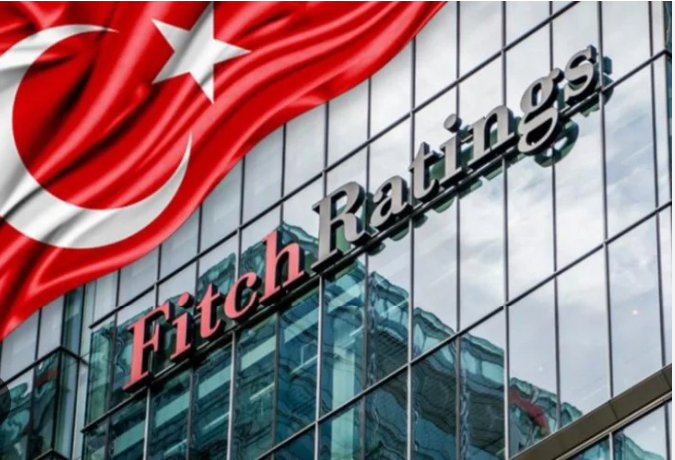Erich Arispe Morales, Senior Director and Turkey Analyst at Fitch Ratings, stated that the first goal of the authorities in Turkey is to reduce inflation and that they expect policy tightening consistent with disinflation to continue after the elections.
After Fitch Ratings upgraded Turkey’s credit rating from ‘B’ to ‘B+’ and the rating outlook from ‘stable’ to ‘positive’, Morales explained the reasons for the rating upgrade and answered questions.
Stating that the policy change provided more monetary tightening than they expected when they affirmed Turkey’s credit rating at ‘B’ and raised the rating outlook from “negative” to “stable” in September last year, Morales said, “During this period, we thought that the Central Bank of the Republic of Turkey (CBRT) would be limited in its room for maneuver due to the proximity of the elections and we thought that the interest rate would remain at 35 percent. However, we were clearly proven wrong and the CBRT has been more assertive with a tightening that reached 45 percent interest rates at the beginning of the year and the overall credit conditions in the economy have tightened.”
Morales stated that monetary tightening has gone further than they expected, but inflation pressures remain strong.
Noting that they think inflation in Turkey will continue to be an important policy challenge in the short term, Morales said, “We expect policy tightening consistent with disinflation. The first objective of the authorities in Turkey is to reduce inflation.”
Morales reminded that Turkey’s international reserve level has improved with the policy shift and the size of FX-protected deposits has decreased significantly, “We expect the improvement in international reserves to continue as policy remains consistent with achieving sustainable disinflation, narrowing the current account deficit and some portfolio inflows.”
Stating that foreign portfolio inflows could contribute to the appreciation of the Turkish lira and the goal of accumulating reserves, Morales said they expect the current account deficit to decline from $37.5 billion in January to $31 billion this year and $28 billion in 2025.
Pointing out that the change in economic policies has also increased Turkey’s access to international capital, Morales said:
“Looking ahead, given the high level of external financing needs, access to external financing will remain a key rating consideration. It is a process that requires time for Turkey to regain an investment grade rating. For this, we need to address some of the vulnerabilities and look at the success of the policy, where the key issue is again inflation.”
